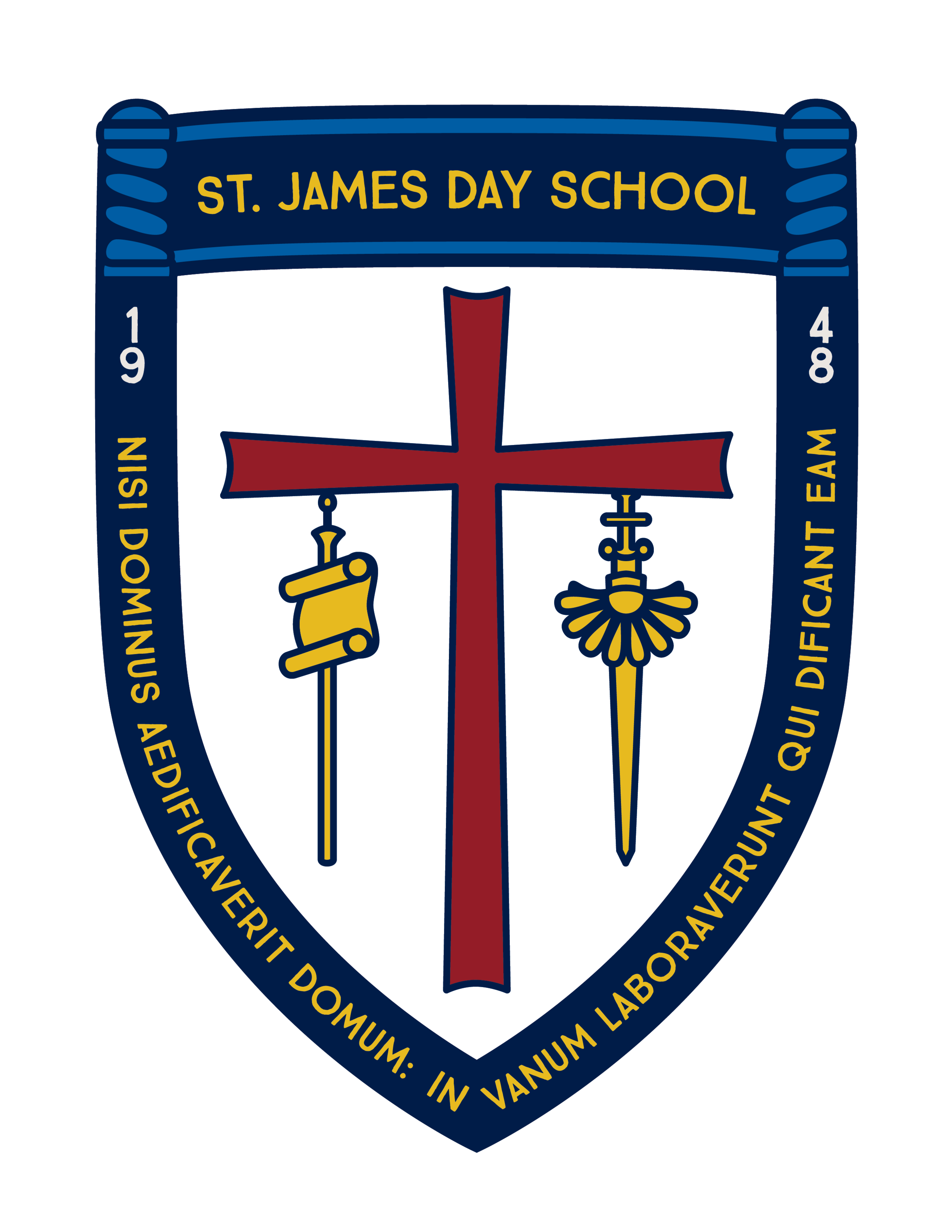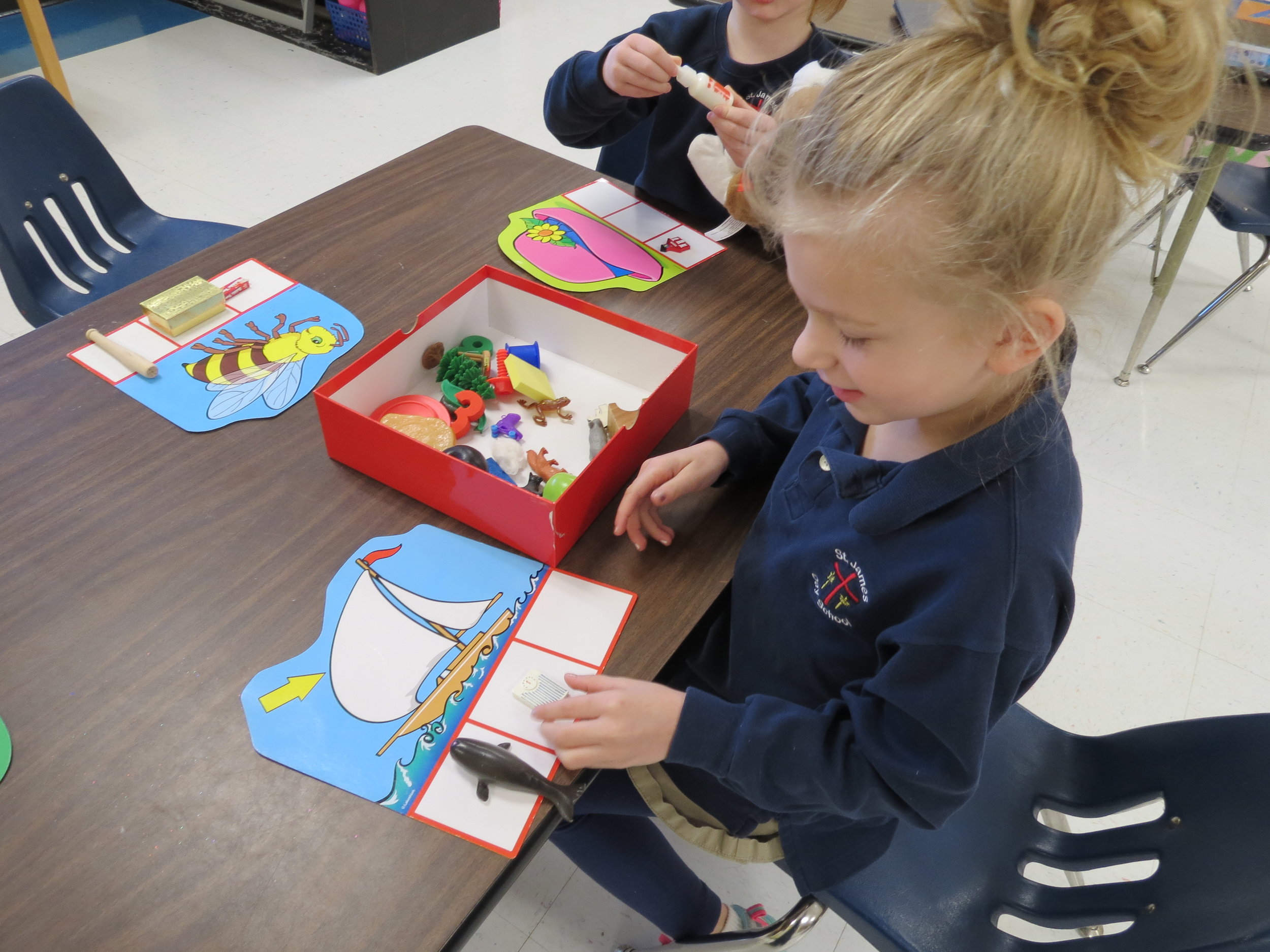End of Exercise Study and Tooth Fairy
Our focus question for the week was what jobs are related to exercise? Here are our answers:
“Working at a gym” – Madeleine
“A yoga instructor” – Abbi
“Being a football player” – Collin
“A coach” – Townes
Our exercise study is coming to an end, but we have had special visitors come and do some exercising with us. Mrs. Summer, Colin’s mom, came and did a seven minute workout with the children. She told them that she does not get to go to the gym every day, but has an app on her phone that allows her to be able to exercise from anywhere. We also had Kara, a yoga instructor from FWDFIT, and Anna Scott’s mom, Monica, come and talk to the boys and girls about the benefits of yoga, and showed them the cat, cow, downward dog, tree and puppy pose. Thank you Kara, for taking the time to come share your expertise with us!
We read Bear Feels Sick by Karma Wilson and Max by Rachel Isadora. Here are the new vocabulary words we learned: autumn, heap, wheeze, badger, wren, coax, smidgen, quivers, fret, and frolic. Learning new vocabulary is important because literacy development is influenced by explanatory talk such as discussion of cause-and-effect relationships and connections between ideas, events, and actions. Children’s later literacy development also is influenced by their ability to define words and their knowledge of grammar.
We learned all about the letter K and number 18. We added kiss, KayKay, kangaroo, knife and kid to our word wall. The children traced Kk, and did the K page in their Handwriting Without Tears books. I added plastic knives to the playdough center so the children could practice their cutting skills.
We worked on our rhyming skills this week. Each child was given a card of an object, i.e., shoe, gate, boat, sled, bear, hat, sock, bee, and thumb. The children had to find three objects in a box that rhymed with their picture. This activity helps with phonological awareness. Phonological awareness is the ability to discern the sounds and patterns of spoken language. Phonological awareness is an important skill in learning to read. Children typically begin to demonstrate this awareness by about age three, and their skills improve gradually over many years, and it is a strong predictor of later reading, writing, and spelling ability.
We had a special visit from Twinkles, the tooth fairy. She talked to the children about the importance of dental health. She said that they should be brushing their teeth twice a day for two minutes. She also said that they should brush in a circular motion and brush up and down on their tongue. She talked to them about what sugar can do to your teeth if they are not brushed properly. Each child received a goody bag to take home. A special thank you to Dr. Glass and Dr. Bunch for providing this service.

























